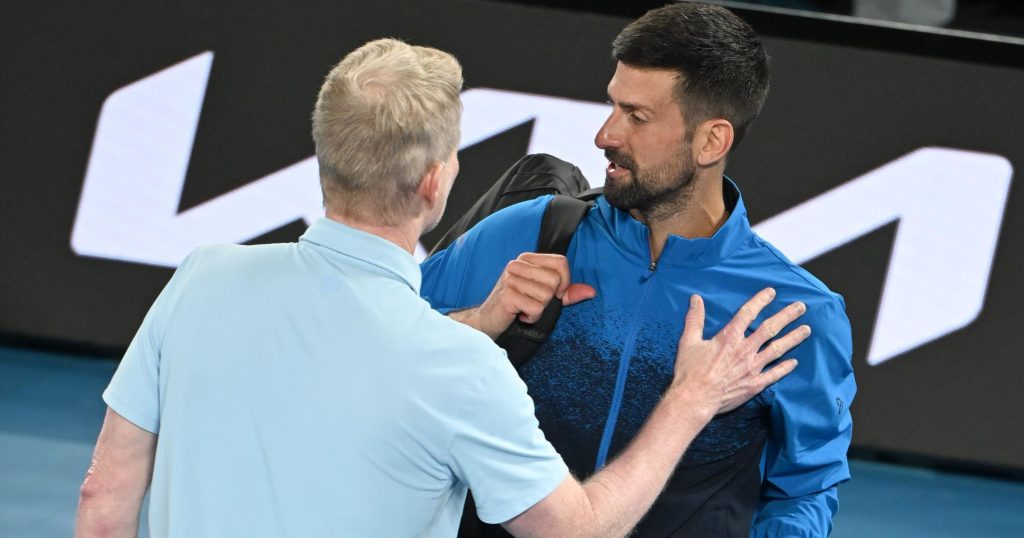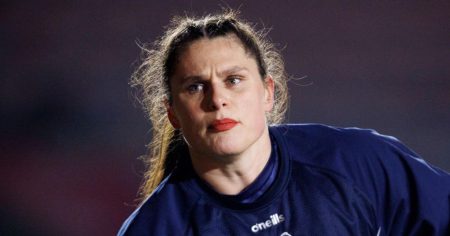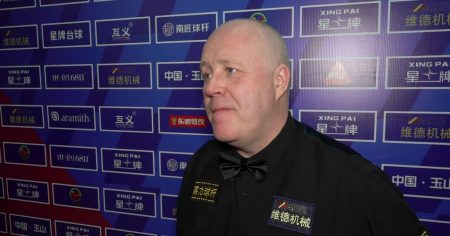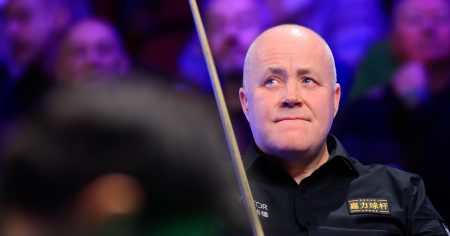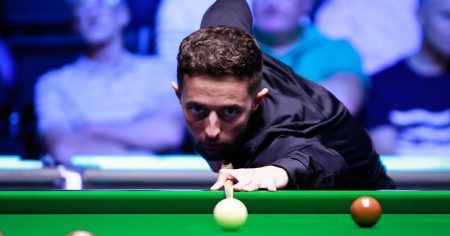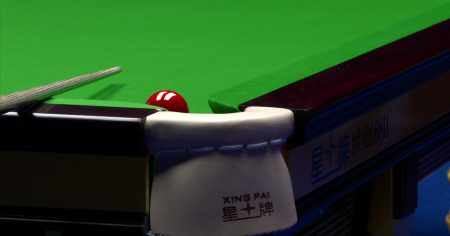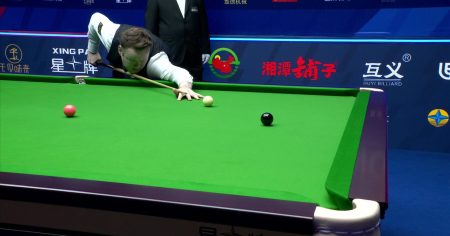Novak Djokovic, amidst the intensity of the Australian Open, found himself embroiled in a controversy stemming from comments made by a broadcaster on Channel Nine. The Serbian tennis star, known for his on-court passion and fiery interactions with the crowd, declined the customary post-match interview following his victory over Jiri Lehecka in the round of 16. This unusual move sparked speculation and raised questions about the underlying reasons for his refusal. Djokovic subsequently clarified his stance, revealing that his actions were a direct response to “insulting and offensive” remarks made by a sports journalist affiliated with the tournament’s official broadcaster, Channel Nine. He expressed his disappointment at the lack of a public apology from the individual involved, emphasizing his hope for a resolution before his next match.
The situation took an unexpected turn when Djokovic initially mistook former tennis player and on-court interviewer Jim Courier for a Channel Nine representative. Courier, in his role as the tournament’s designated interviewer, became the unintended target of Djokovic’s protest. He gracefully handled the situation, understanding and accepting Djokovic’s position without taking offense. Courier later clarified that his on-court interviewing duties were on behalf of the tournament, not Channel Nine. This misunderstanding underscored the heightened sensitivities surrounding the incident and Djokovic’s firm stance against the perceived disrespect towards himself and his fans.
The controversy gained further traction as Djokovic publicly sought an apology. The broadcaster in question eventually issued a public apology, which Djokovic accepted, paving the way for a return to focus on the tennis itself. This resolution, according to Courier and fellow commentator Tim Henman, allowed Djokovic to move forward and prepare for his highly anticipated quarter-final clash against Carlos Alcaraz. The incident, while briefly disruptive, was swiftly addressed, minimizing its potential impact on Djokovic’s performance.
The incident provided a glimpse into Djokovic’s unwavering commitment to his principles and his protective stance towards his supporters. His refusal to participate in the interview was a clear message that he would not tolerate disrespect directed at himself or his fanbase. It also demonstrated his willingness to take a stand, even amidst the high-pressure environment of a Grand Slam tournament. This assertiveness, while potentially controversial, resonated with many who viewed it as a justified response to perceived unfair criticism.
While the episode briefly diverted attention from the on-court action, it also added another layer of intrigue to Djokovic’s tournament journey. The swift resolution of the conflict, coupled with Djokovic’s acceptance of the apology, allowed the focus to shift back to the upcoming match against Alcaraz. This highly anticipated encounter, a rematch of their Wimbledon final, promised a thrilling contest between two of the sport’s most prominent figures. The incident, although briefly disruptive, served as a reminder of the pressures and complexities that athletes face, even amidst the grand stage of a major tournament.
The Djokovic-Channel Nine incident ultimately became a footnote in the larger narrative of the Australian Open. Djokovic’s acceptance of the apology allowed him to move forward and concentrate on his tennis, ultimately leading to a successful tournament outcome. The incident served as a reminder of the importance of respectful discourse and the potential consequences of inflammatory rhetoric, particularly in the highly visible world of professional sports. It also highlighted Djokovic’s resilience and ability to compartmentalize off-court distractions, allowing him to maintain his focus and ultimately achieve his goals on the court.




